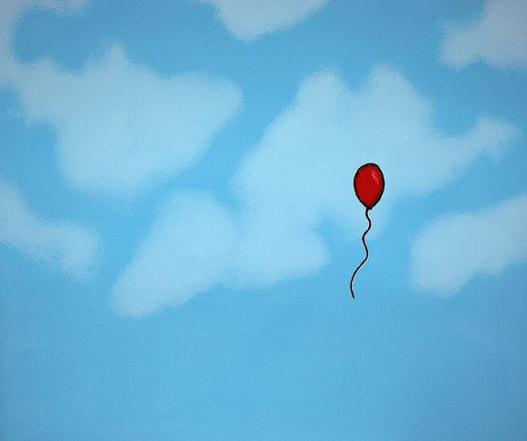“Some people believe holding on and hanging in there are signs of great strength. However, there are times when it takes much more strength to know when to let go and then do it.” – Ann Landers
Learning how to move past the things that hold you back is an important step in reclaiming the life that has been designed just for you. What happened in the past doesn’t have to define who you are today. The first step in this journey begins with letting go of unhealthy attachments. Here are five ways to let go and start moving on.
1. Know why you’re letting go
It’s hard to cut ties or end relationships when you feel emotionally involved. On some logical or mental level you may feel it’s the right thing to do, but emotions can quickly cloud your judgment.
It’s helpful to reiterate to yourself the clear reasons why you are letting go of any unhealthy attachments. Stay strong about these reasons; write them down if you have to and say them out loud when things get tough.
2, Keep up the commitment
There will be a time when you feel so motivated and ready to let go of the things that are holding you back, but it becomes a lot harder when you’re faced with it day after day. You may get to feeling like you should give up, but don’t go back to those unhealthy relationships or habits just yet!
Repeat your reasons for why you’re letting go of these attachments. How is your life improving? What about you physically, mentally, and emotionally will be better off with the change? Visualize yourself without this baggage in your life. It doesn’t have to control you!
3. Remember that you’re doing this for yourself
You are improving yourself mentally, physically, and emotionally when you let go of unhealthy attachments. You’re not doing it for anyone else.
Giving up sodas, smoking, too much internet time, or a bad relationship will improve your mood, decrease stress, give you energy, and build your confidence in the long run, even though the opposite may feel true at first.
4. The desire for old attachment will come and go
The feelings you will have about desperately wanting the very thing you’re giving up are normal! And they will pass. The emotional connection you’ve created for a food or drink, habit, or person is a real chemical reaction in your brain. Cutting off that chemical reaction results in a withdrawal and can have real emotional and physical consequences.
You will feel bad at first and you will want to go back to your unhealthy attachment. While there are some things you may do fine in just moderation (sweets, TV time), you have to remember it’s a slippery slope, particularly when it’s a relationship you’re ending.
5. Find a healthy replacement
This can be a dangerous topic if not handled correctly, but there is a way to do it. The guilt-free brand of cookies is a good swap for your comfort food of cookies and milk as an occasional treat.
Developing new friendships or making time for old ones can help during a breakup. Picking up a new book or learning to do a new activity can replace a hobby you feel makes you too idle and sedentary. Whatever you’re going through in your journey to self-improvement, there’s a healthy way to do it and there’s a healthy alternative.
About Alex Blackwell
Alex Blackwell is the author of Letting Go: 25 True Stories of Peace, Hope and Surrender, which includes 10 free Peace and Balance tools.
Web | Inspiring Things | Free eBook: How to Love Consciously

